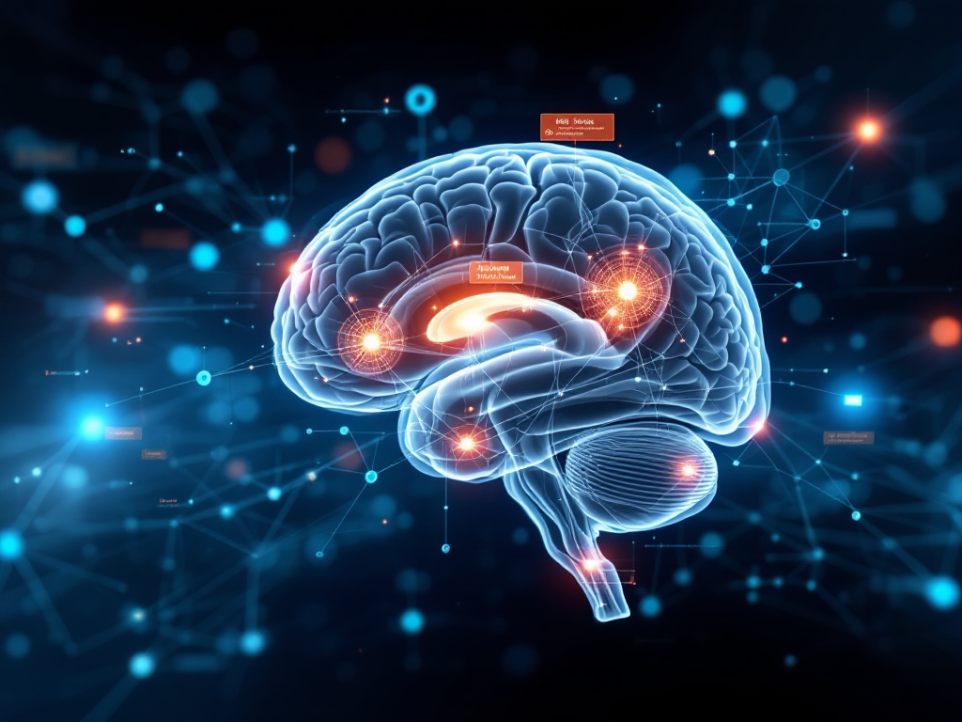AI Tool Enhances Multiple Sclerosis Treatment Effectiveness Tracking
Here is a revised version of the initial excerpt, followed by the HTML-formatted article as requested:
—
**Excerpt:**
Developed by University College London researchers, the MindGlide AI tool revolutionizes MS treatment monitoring by quickly analyzing MRI scans to detect subtle disease progression and assess treatment effectiveness, outperforming existing tools by up to 60% in plaque detection.
—
“`html
AI Tool Enhances Multiple Sclerosis Treatment Effectiveness Tracking
The Challenge of Monitoring MS Progression
Multiple sclerosis (MS) affects over 2.8 million people globally, with treatment efficacy often varying between patients. Traditional monitoring relies on periodic MRI scans analyzed by radiologists—a process requiring specialized sequences and hours of manual review. Recent advancements in artificial intelligence now enable unprecedented precision in tracking subtle neurological changes, even from routine clinical imaging data.
Limitations of Traditional MRI Analysis
Standard MS monitoring faces three critical challenges:
- Scanner variability: Results differ across MRI machines and protocols
- Time-intensive reviews: Expert analysis takes 45-90 minutes per scan
- Data silos: 83% of historical scans lack specialized sequences for automated analysis
The 2025 Nature Communications study revealed these barriers delay treatment adjustments by 6-18 months on average.
How MindGlide Transforms MS Treatment Tracking
Developed at University College London, MindGlide uses deep learning to extract biomarkers from any brain MRI scan—including legacy clinical images. The AI model was trained on 4,247 scans from 592 unique scanners, enabling exceptional generalization capabilities.
